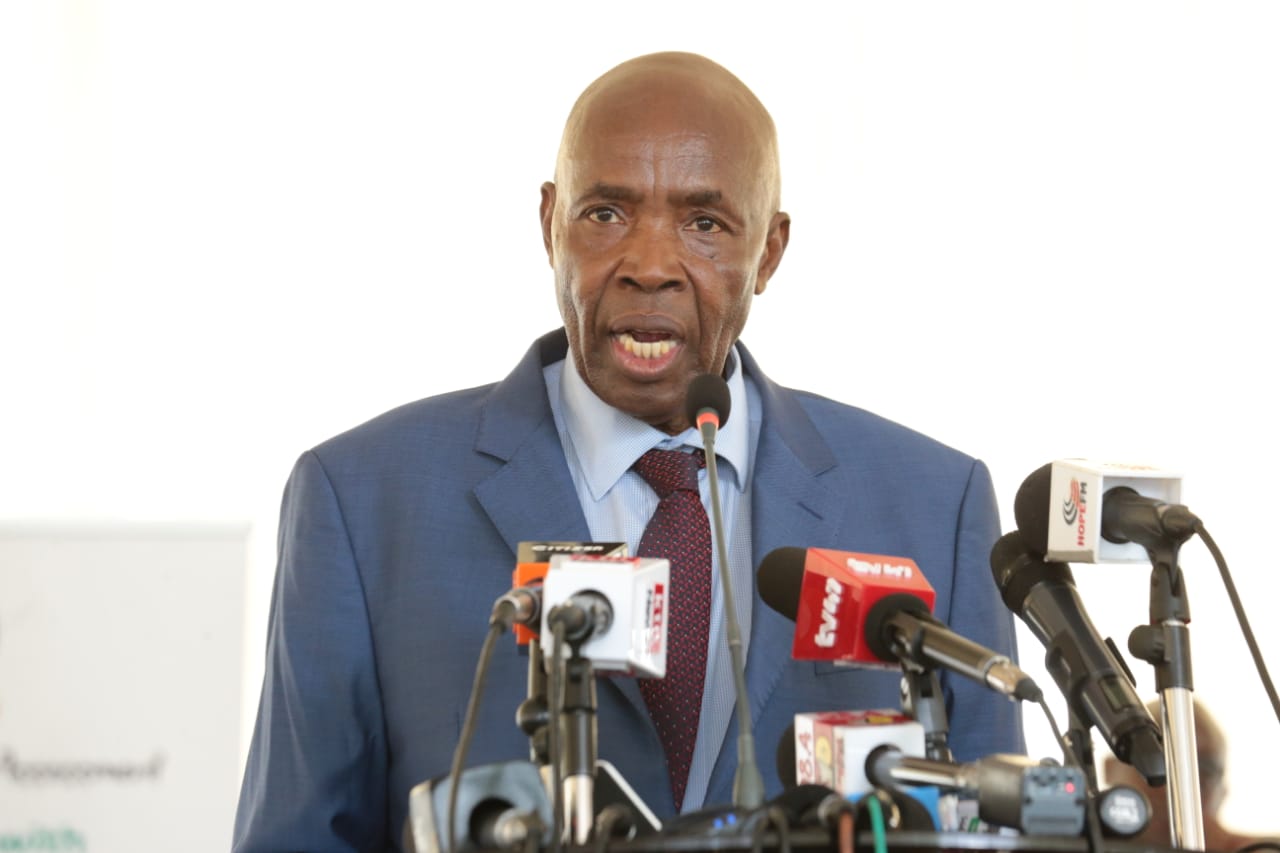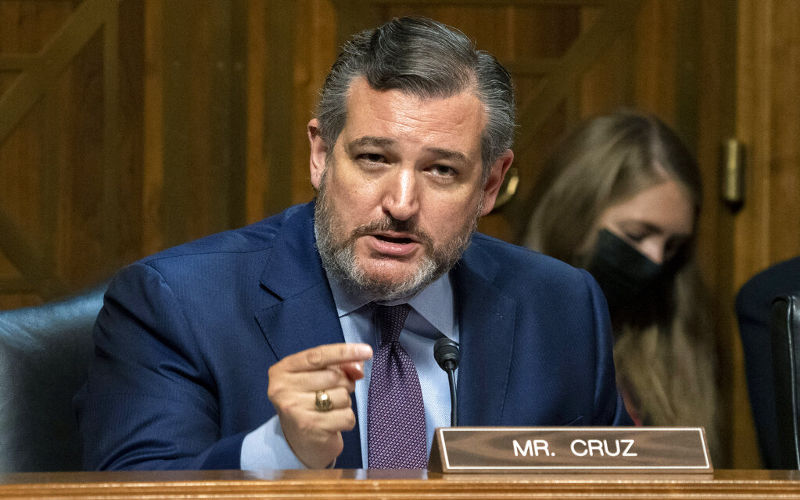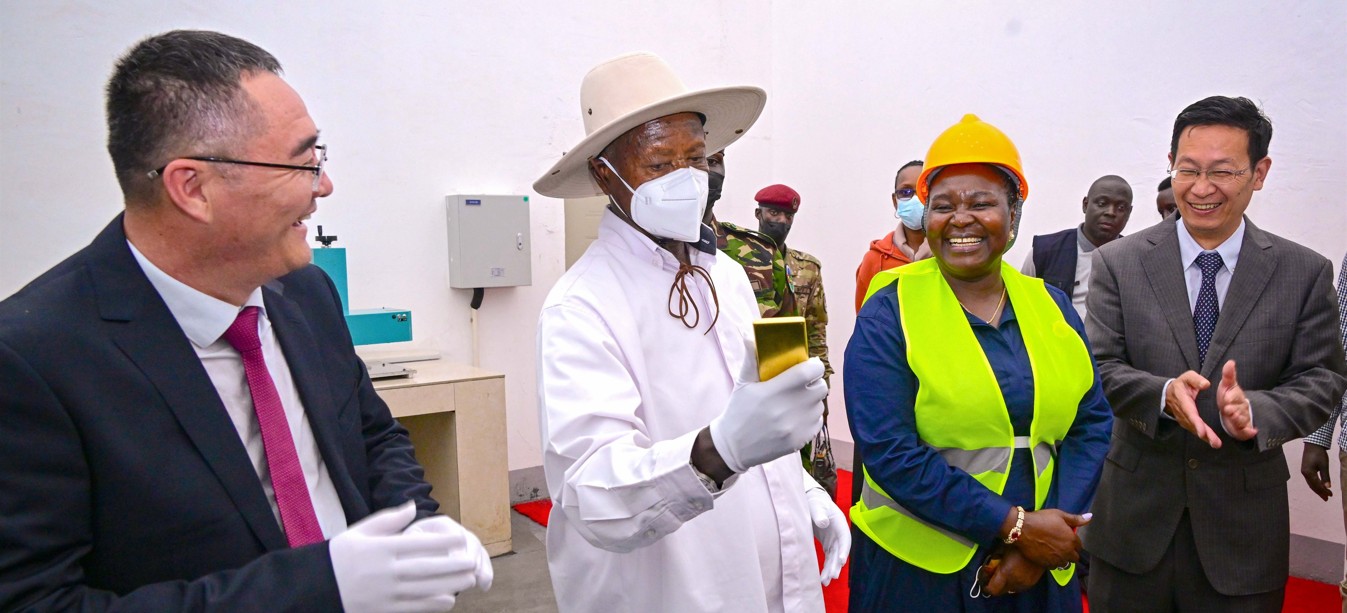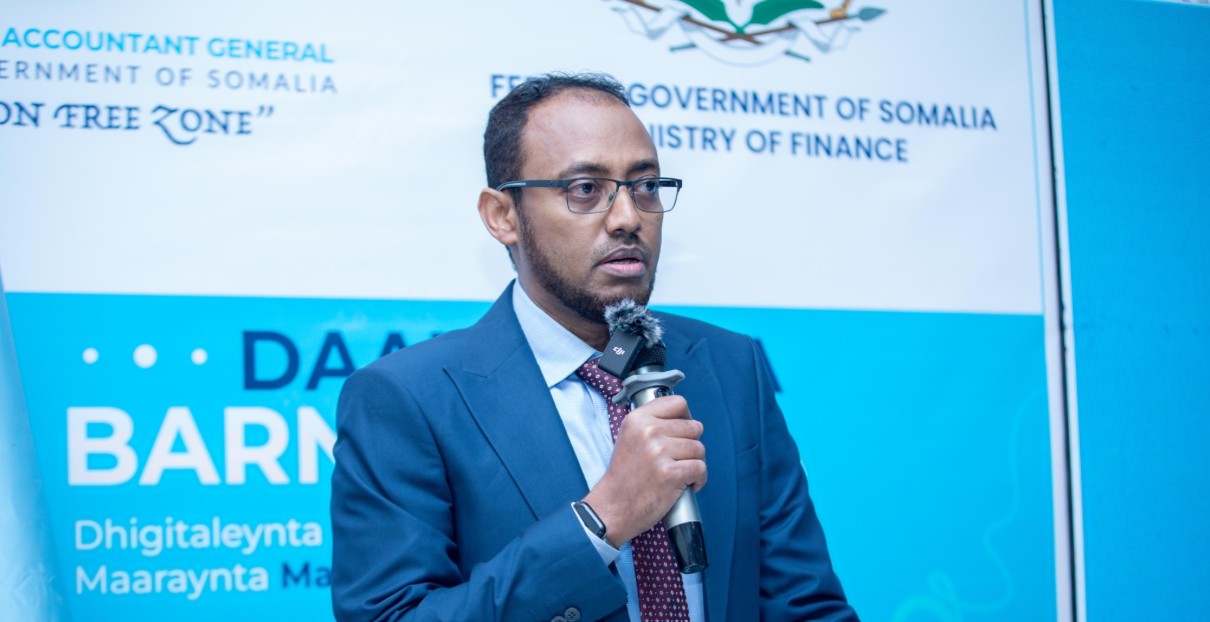Education CS directs mapping of unused public land to build more schools

According to Machogu, public schools constitute only 31 per cent of the schools in Nairobi, with the other 69 per cent being private institutions.
Education Cabinet Secretary Ezekiel Machogu has directed Nairobi Governor Johnson Sakaja to map out unused public land in Nairobi to construct more public schools.
Speaking on Thursday during the Nairobi Education Region Dialogue, Machogu said public education institutions in Nairobi are inadequate and are in deteriorating condition.
More To Read
- Parents, teachers hail launch of modern libraries in Lamu schools to nurture reading culture
- Raila pushes for expanded devolution, says counties should run schools and local infrastructure
- MPs approve new system to standardise education qualifications
- MPs clash with civil society group over report criticising education sector
- MP Adan Keynan seeks release of Kenyan teacher detained in Somalia
- Education stakeholders push for independent body to regulate teachers
He noted that there is a need to construct more schools in Nairobi due to the high growth of the population.
“We know there is public land in Nairobi that has not been utilised. Kindly, can we identify any additional public land where we can re-embark in building more public schools?” he posed adding that Nairobi has a lot of resources that could be used to improve the quality of education.
“It is now time to identify all our resources in Nairobi both human capital and technical so we can use it to cater for our children's education,” he said.
According to Machogu, public schools constitute only 31 per cent of the schools in Nairobi, with the other 69 per cent being private institutions.
Among public schools in the city are; 216 ECDE, 211 primary schools, 193 junior schools, and 107 secondary schools. On the other hand, private schools in those categories are 952, 780, 672, and 207 respectively.
He pointed out that many parents are resorting to enrolling their children in private schools because of a lack of space in public schools.
“Parents have taken their children to private schools because they don’t have any other option since the public ones are full, and they don’t want their children to stay at home,” he said.
By identifying and utilising public land for school construction, the Ministry aims to increase the capacity of public schools and provide more options for parents who cannot afford private education or prefer public schooling for their children.
Machogu said that to improve education in Nairobi, the Ministry in collaboration with the county, will establish a task force to identify available public land for building public schools.
He added that the availability of more schools will reduce the distance learners walk to school, and increase their safety.
The CS also emphasised the need for collaboration among education stakeholders to address the issue of the high number of grade E's in Nairobi County.
He highlighted a concerning trend where many students in Nairobi register for exams but then disappear from school until exam time, resulting in a significant number of failing grades.
“Last Year, Nairobi was leading with about 10,000 E’s. We can’t continue like this as the E’s here are worrying and something must be done to reduce that,” he said.
Among other issues Nairobi County is grappling with in schools include; staff shortages, strained capacity to implement the curriculum reforms, disruptive natural and man-made calamities, slow uptake of teacher professional development programmes, constrained funding, low uptake of Science Technology and Innovation, regional and gender disparities, drug abuse and mental issues and radicalisation.
Machogu however, expressed optimism by stating that the Ministry has devised strategies to address the challenges and called upon all stakeholders to consider how they can contribute to complementing the Ministry's efforts in tackling the issues.
Top Stories Today














































